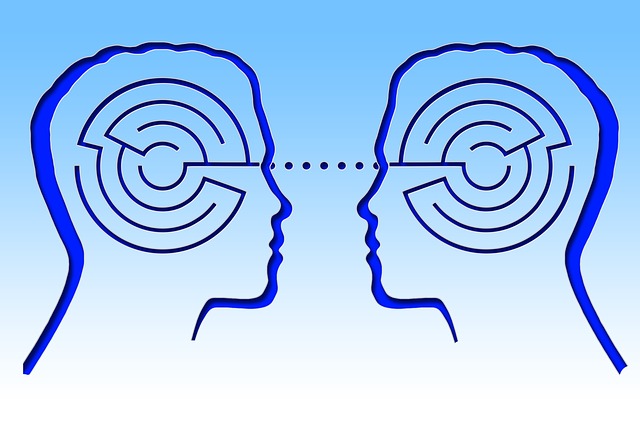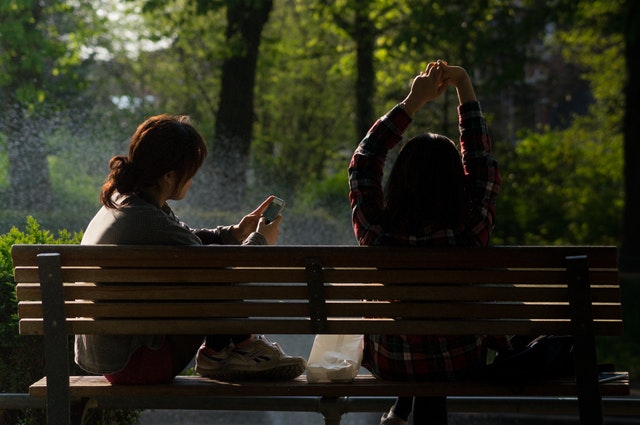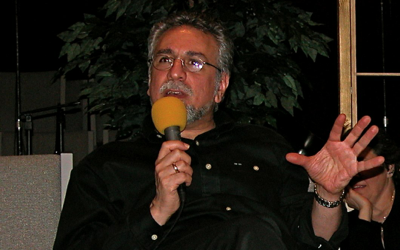1372248000000
Some Thoughts About Couples and Intimacy
I am often very moved by the way people make use of tools and new options for growing. In particular, I am touched when people eagerly say “yes” to developing themselves and their relationships, and create new performances on how to be with others. We have just completed our final session of a ten-session group for couples that my colleague Allison Caffyn and I have been running. We have been meeting with a group of couples, nine in all, once per month for a couple of hours to create a space where couples can talk about the inhibitions and challenges in developing relationship, growing with each other, finding constructive and growthful ways to address conflict and difference of opinion, and working on creating intimacy with one another. In a recent group session we focused on sexuality. After working on helping couples to deal with longstanding and perpetual conflict that can sometimes create gridlock, we created a space to begin kick-starting romance and sexuality in relationships where sex has been routine or non-existent and that sexuality may have lost its vitality and newness. How do we change this? One way is taking an interest in performing as partners who have some new things to learn from each other in talking about their sexual relationship. Often, after being in a relationship for some time, after our initial romance, we might get pajama-comfortable, let our hair down, and settle or adapt to a relatively safe relationship. This posture may create conflict as well, since we have moved from romanticizing and idealizing the relationship in its newness, to getting to know, – and sometimes be upset with – the person that we chose to be with. Though we may want more from our relationship, our desire to ask for more, to take more emotional risks, to challenge ourselves to grow together, may lay dormant. Our passions for one another may be asleep. Our group worked to help the participants look at and explore questions that open options that enable us to see our partners and our selves in new ways. For example, we helped people to perform as givers instead of waiting to be given to. How does that help? I see the differences of views or habits that come up between partners as an opportunity to learn from each other. By sharing and giving to the other our wants, wishes, pain, conflict and shame, we create opportunities for intimacy. Rather than viewing these differences as a problem to be fixed, they are ‘natural’ in the process of human beings getting to know each other. I often say that relationships can be a beautiful performance you can write, direct and creatively improvise. By putting ourselves in the position, in a safe environment, to intentionally risk being more open with one another about our deeply felt wishes, fantasies, fears and discomforts, we can propel ourselves and our relationship to intentional development. Learning to perform in a relationship as one would in an improv troupe, where you are continually learning how to say “yes” to one another, is an activity that can put our submerged and sleeping desires on a more stimulated and growthful edge. You can learn more about the couples workshop that we offer by checking out The Couples College.





